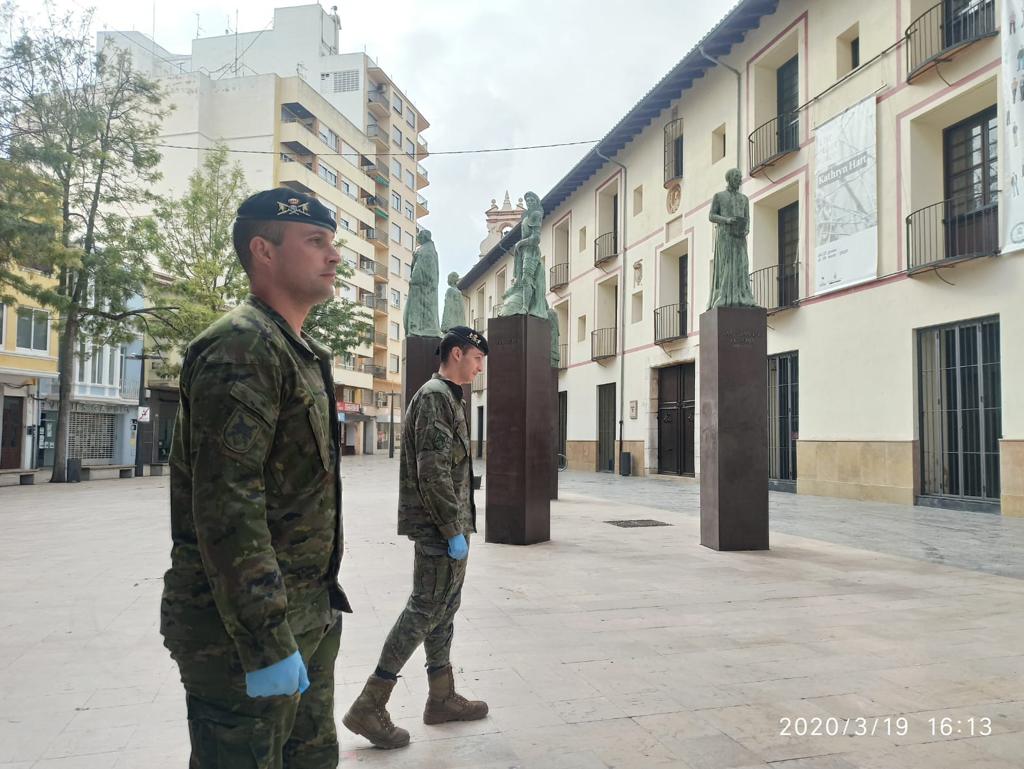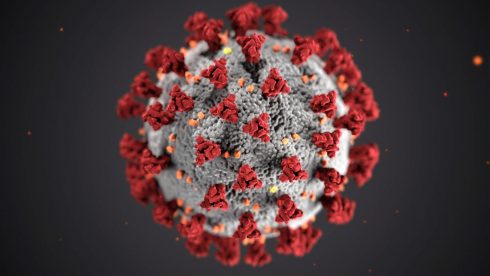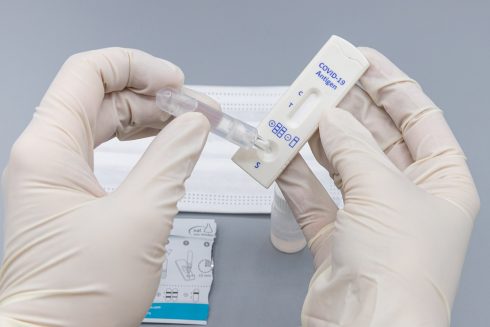THE Government of Spain is preparing to declare a state of alarm tomorrow in an emergency meeting of the Council of Ministers.
It comes after more than half of the country’s regional leaders asked for the measure to be applied to their territories over Friday and Saturday so they could have extra powers to fight coronavirus.
But what is the state of alarm? How does it work and who is actually in charge?
Below we break it down.
What powers do a state of alarm grant to the Government?
The state of alarm is part of Spain’s constitution and is only enforced during emergency situtations, including ‘health crises such as epidemics.’
It allows, among other measures, ‘for the limiting of the movement or confinement of people at certain times and in certain places.’
In other words, it allows the Government to apply curfews and lockdowns at the municipal, provincial, regional and national level.
How is a state of alarm brought into action?
The state of alarm comes into effect via a decree of the Council of Ministers.
The Council of Ministers is the main collective decision-making body of the Government of Spain, exclusively composed of the Prime Minister, the deputy prime ministers and ministers (similar to the UK’s cabinet).
As of 2020 there are 22 ministers in the Council of Ministers.
The state of alarm can last no longer than 15 days but can be renewed with the authorisation of Congress.
For this authorisation it must garner a simple majority in a vote among Spain’s deputies (MPs) – i.e. more yeses than noes.
This is what occurred during the first state of alarm, a task made more difficult for PM Pedro Sanchez given his lack of a majority.
Does the state of alarm have to apply for the whole country?
The decree will detail the territorial scope of the state of the alarm and where it will be applied.
The measure does not have to cover the entire country, as was seen two weeks ago when a state of alarm was declared exclusively for the Community of Madrid.
Who is in control during a state of alarm?
According to the constitution, the central government is in control during a nationwide state of alarm.
However, the power can be delegated to the autonomous governments if the state of alarm is being applied ‘exclusively’ to that territory.








